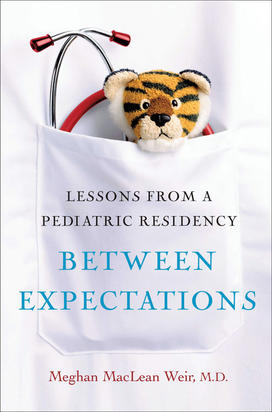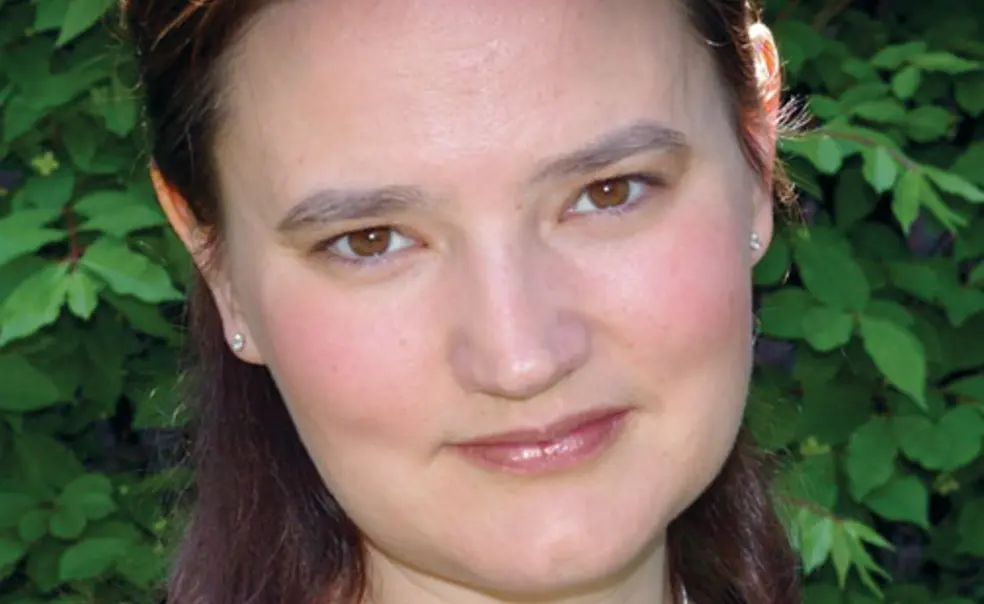
Meghan MacLean Weir ’00’s pediatric residency was brutal — long days and nights taking care of very sick children. She doubted herself, lost touch with family and friends, gained weight, and felt depressed. Eventually she asked her program directors for some time off, and got it. For a year, she worked three months on and four weeks off, using the breaks to write stories about her patients and their families — as a way to make sense of it all. The result: Between Expectations: Lessons from a Pediatric Residency, published by Free Press in March.
In her memoir of her three-year pediatric residency at two Boston hospitals, she takes readers inside the neonatal intensive-care units (NICU) and cancer wards, and the situations families face, like the birth of an extremely premature infant and a teenager battling cancer. She struggles with not only doing her job on little sleep, but figuring out how to interact with frightened parents and helping parents face the worst.

“I felt like we were failing these families — Connor’s family in particular, but lots of other families,” she says, by not doing a better job of teaching the parents of these very sick children what life might be like for them if they survived and went home.
Weir weighs the pain experienced by patients that is caused by treatment against the chance of prolonging life — particularly with children who are likely to be severely cognitively disabled or who are in very advanced stages of cancer. In some cases the compassionate decision would be to withhold treatments or sign a do-not-resuscitate order, she says, but parents naturally struggle with that. “Unless the medical staff has the courage to bring [DNR] up, parents often feel trapped” and continue treatments, says Weir, who today is a mother herself and a pediatrician working in the emergency room at Children’s Hospital Boston and another hospital near the city.
Woven into her memoir are beautiful moments of love and connection — a mother’s poise and quiet calm as she deals with her 2-year-old son with cancer, a young patient who tries to reassure the hospital staff, and a teenage cancer patient who dies peacefully with his dog at his side.












No responses yet